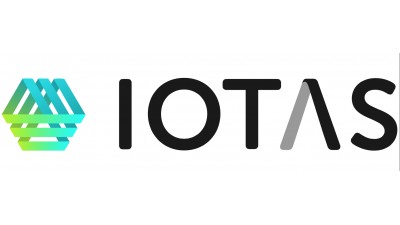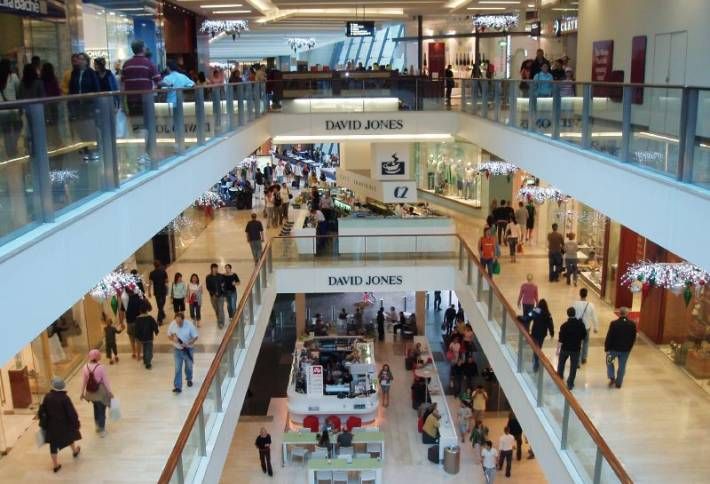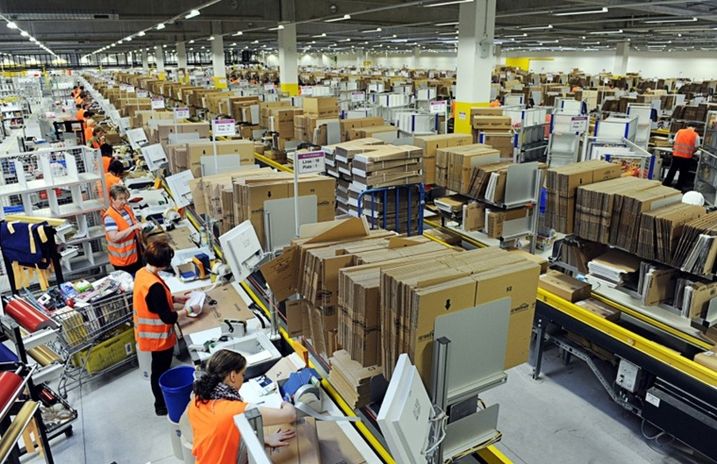The Internet of Things has revolutionized the way people work, exercise, relax, entertain themselves, shop and interact with the built environment. Companies are aggressively investing in connected devices, hoping to increase employee satisfaction, comfort and productivity while harnessing the insights the technology yields.
The global IoT market is projected to explode, representing $1.7 trillion in 2020, up from $656B in 2014, even as the cost of the technology decreases exponentially, according to International Data Corp. IoT devices will revolutionize commercial real estate, with a distinct impact on each of the four major asset classes.
The global smart homes market will reach $122B in five years as the number of smart devices quintuples from 5 billion today to 25 billion by 2020, Research and Markets predicts.
IOTAS, a company bringing the smart home solution to apartments, recognizes renters demand in-home smart solutions just like homeowners. IOTAS installs smart devices in a number of multifamily properties, and goes one step further by taking the growing number of siloed devices and integrating them, allowing them to learn from each other and work in tandem.
In apartments, a smartphone or tablet can become the universal digital remote for lights, thermostats, TVs and sound systems. This eliminates the need to use a variety of remotes or interfaces. Futuristic concepts are becoming reality, such as cooking appliances preparing foods to users’ tastes by monitoring moisture content for doneness.
According to IOTAS CEO Sce Pike, screen-based controls will ultimately be replaced by voice commands and gestures to make the experience truly seamless and natural.
Smartphones are ubiquitous, and although they inarguably contributed to e-commerce’s rise and brick-and-mortar’s consequent crises, stores are now leveraging applications designed to get consumers in the door. Many outlets offer in-store exclusives and digital coupons upon entry. Sophisticated cameras and sensors monitor shopper habits and provide actionable data for determining how people move through aisles and make purchases.
Analysts can use data to gauge interest in products and pinpoint inefficiencies in checkout, assistance or inventory management. “Experiential” is a buzzword in retail and is widely considered its salvation. As checkout, supply chain management and pricing are automated, components like human expertise will become increasingly important because stores can reallocate staff.
IoT devices are enhancing productivity and comfort in offices while slashing operating costs and energy usage. Things like smart thermostats and adaptable, smartphone-controlled illumination and shades effortlessly keep the office environment pleasant.
A number of software applications summarize, curate, interpret and present relevant material to workers. Air quality, water and energy usage sensors can help managers save money and achieve sustainability goals. Smart digital interfaces, directories, building events boards, news displays and promotional tools will become more interactive as they continue to proliferate in lobbies, elevators and hallways.
E-commerce players are driving demand for large warehouses over 100K SF, and as their footprints increase, so must their sophistication. Logistics software combines with smart bays to schedule incoming and outgoing deliveries. Augmented fleet management extends the useful life of trucks while reducing emissions and freighting costs. Manufacturing continues to automate with advanced robotics. Geotagged products and portable task management tools make locating items and employees easy, coordinating the intricate inner workings of distribution and sortation facilities.
To learn more about this Bisnow content sponsor, click here.






